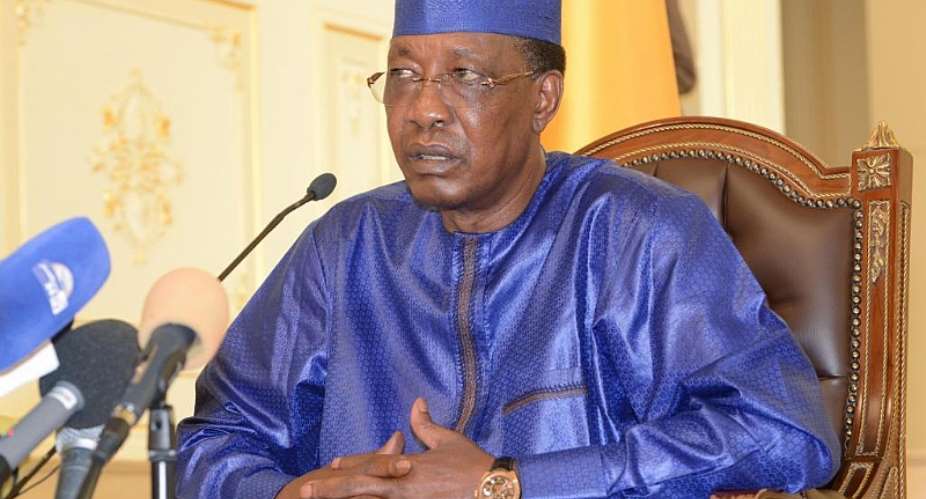The Chadian government has imposed a 21-day state of emergency in three regions of the country after deadly clashes between semi-nomadic herders and farmers killed at least 50 people over the past three weeks.
The Council of Ministers met on Monday and declared the state of emergency in the western Tibesti region, which shares a border with Niger, as well as the Sila and Ouaddai regions in the east near Sudan.
"This state of emergency will help maintain and restore public order and security, as well as permanent and effective control of our borders," said a statement released by the government.
The state of emergency, which will end on 10 September, is a lot shorter than what was originally imposed by President Idriss Déby, who had said two days ago that it would be for three months.
Déby had used Chadian independence day earlier this month to call attention to the inter-communal violence problem.
The clashes stem from an age-old quest for resources, as Zaghawa cattle herders – from Deby's ethnicity – move in and out of the regions, looking for grazing land and water. Chad has been front and centre in issues of climate change, from desertification to the shrinking of Lake Chad in the western part of the country.
This “genocide” could end in “carnage”, said Mahamat Ahmat Alhabo, secretary-general of the opposition Party for Liberty and Democracy.
The government statement made no mention if troops would be involved in the state of emergency.
Chad is currently dealing with security threats from foreign extremist groups such as Boko Haram, as well as al-Qaeda and Islamic State-linked rebels in the Sahel.
- Macron in Chad to meet French troops, boost G5 Sahel
- On independence day, Chad's President Deby speaks of deadly ethnic violence
With Chadian troops deployed as part of the G5 Sahel force, domestic insecurity could be problematic with numbers stretched to the maximum.
But preventative measures, such as educating locals on the principles of good citizenship, would be a step in defusing the situation, Ahmat Yacoub Dabio, president of the N'Djamena-based Centre for Development and the Prevention of Extremism, told RFI.
“Now that President Idriss Deby has called a state of emergency, I say that's a good thing, but it's not enough,” said Dabio.
“Inter-communal conflicts must be stopped by establishing police stations as a deterrent in all the villages that are seen as a risk for fighting,” he added.





 There’s nothing you can do for us; just give us electricity to save our collapsi...
There’s nothing you can do for us; just give us electricity to save our collapsi...
 Ghanaian media failing in watchdog duties — Sulemana Braimah
Ghanaian media failing in watchdog duties — Sulemana Braimah
 On any scale, Mahama can't match Bawumia — NPP Youth Organiser
On any scale, Mahama can't match Bawumia — NPP Youth Organiser
 Never tag me as an NPP pastor; I'm 'pained' the 'Akyem Mafia' are still in charg...
Never tag me as an NPP pastor; I'm 'pained' the 'Akyem Mafia' are still in charg...
 Your refusal to dedicate a project to Atta Mills means you never loved him — Kok...
Your refusal to dedicate a project to Atta Mills means you never loved him — Kok...
 2024 elections: I'm competent, not just a dreamer; vote for me — Alan
2024 elections: I'm competent, not just a dreamer; vote for me — Alan
 2024 elections: Forget NPP, NDC; I've the Holy Spirit backing me and nothing wil...
2024 elections: Forget NPP, NDC; I've the Holy Spirit backing me and nothing wil...
 2024 elections: We've no trust in judiciary; we'll ensure ballots are well secur...
2024 elections: We've no trust in judiciary; we'll ensure ballots are well secur...
 Performance tracker: Fire MCEs, DCEs who document Mahama's projects; they're not...
Performance tracker: Fire MCEs, DCEs who document Mahama's projects; they're not...
 Train crash: Railway ministry shares footage of incident
Train crash: Railway ministry shares footage of incident
